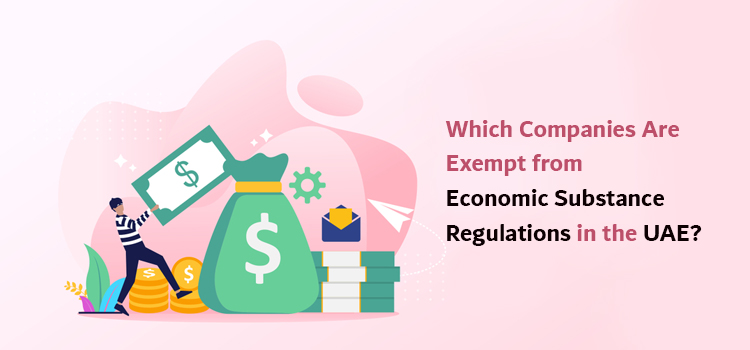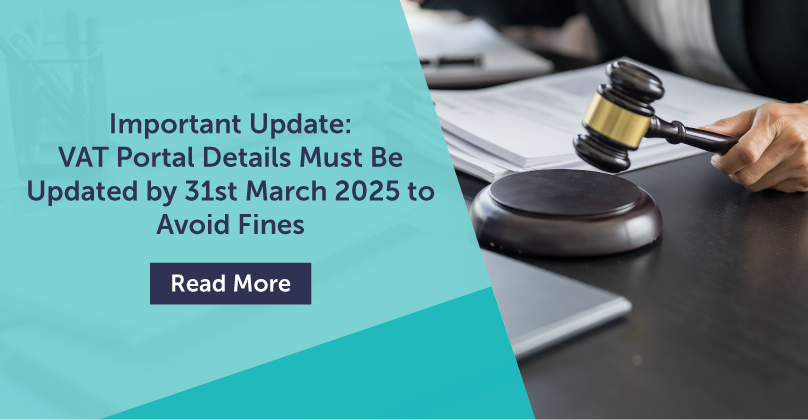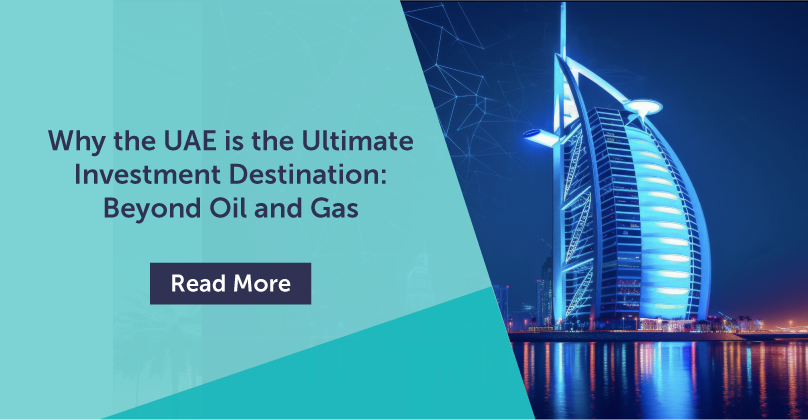
- May 10,2020
- ESR UAE
Is Economic Substance Regulations in the UAE applicable to your business?
Economic Substance Regulations in the UAE is applicable to all licensee (natural & juridical person) carrying the relevant activities in UAE including the licensee in Free Zone and Financial free zone.
The scope of the Economic Substance Regulations in the UAE has made it clear that the regulation applies to all the licensees having the commercial license, certificate of incorporation or any other form of permit necessarily taken from licensing authority to do business. Going with the spirit of the law and the provisions, it is interpreted that Free Zone includes Offshore Companies as well.
Which companies are Exempt from Economic Substance Regulations in the UAE?
Companies in which the Federal Government or Government of any Emirate of UAE or any governmental authority or body of any of them holding at least 51% of direct or indirect ownership in its shareholding, will fall out of the purview of Economic Substance Regulations in the UAE.
What are the relevant activities that fall under Economic Substance Regulations in the UAE?
The Forum of Harmful Tax Practices (FHTP) has identified the type of activities within the scope of Economic Substance Regulations in the UAE. FHTP has considered the geographically mobile activities for the substance requirements. Following are the activities falling into this category:
- Headquartered Business
- Banking Business
- Insurance Business
- Shipping Business
- Lease-finance Business
- Intellectual Property Asset
- Investment Fund Management
- Distribution & Service Centre
- Holding Company
As per Economic Substance Regulation in the UAE Law, the above-mentioned activities are the “Relevant Activities”.
Background of Economic Substance Regulations in the UAE
Base Erosion and Profit Shifting (BEPS) has developed the 15 Action plan project in order to address the concerns on tax avoidance, to ensure that the profits are taxed where the actual economic activities are conducted, and also on value creation.
The BEPS 15 Action plan is as below:
Action 1 Tax challenges arising in digitization
Action 2 Neutralizing the effect of hybrid mismatch arrangements
Action 3 Controlled Foreign Company
Action 4 Limitation on Interest deductions
Action 5 Harmful tax practices
Action 6 Prevention of Tax treaty abuse
Action 7 Permanent establishment status
Action 8-10 Transfer Pricing
Action 11 BEPS data analysis
Action 12 Mandatory disclosure Rules
Action 13 Country-by-Country reporting
Action 14 Mutual Agreement procedure
Action 15 Multilateral Instrument
Of the above, the Members of the OECD/G20 Inclusive Framework on BEPS have to comply with 4 minimum standards which are namely Action 5, Action 6, Action 13 & Action 14. The Inclusive framework of BEPS has 134 countries (updated as of August 2019) as its members. As per OECD, each minimum standard of BEPS is subject to Peer Review to ensure proper flow of information and accurate implementation.
UAE being one of the members of the BEPS inclusive framework also commits to implementing a minimum standard. In compliance with the framework, UAE has issued the Cabinet of Ministers Resolution No.31 of 2019 concerning Economic Substance Regulation (which is Action 5 of BEPS) followed by Ministerial decision No. 215 for the year 2019 and Cabinet of Ministers Resolution No.32 of 2019 concerning Regulation of the Submission of reports by Multi-National Companies (Action 13 of BEPS).
Of the above, the Members of the OECD/G20 Inclusive Framework on BEPS have to comply with 4 minimum standards which are namely Action 5, Action 6, Action 13 & Action 14. The Inclusive framework of BEPS has 134 countries (updated as of August 2019) as its members. As per OECD, each minimum standard of BEPS is subject to Peer Review to ensure proper flow of information and accurate implementation.
What are Substantial Activities under Economic Substance Regulations?
Substantial Activities under Economic Substance Regulations means the Companies get incorporated under the local law of the country but do not engage or conduct any activity or hold any substance in that country. Generally, such practices are done in “No or Nominal Tax jurisdictions” (called NOON’s). Such Companies use NOON’s to park profits thereby harming the tax base of another jurisdiction.
Therefore, the Forum of Harmful Tax Practices (FHTP) conducts reviews to check whether the practices of one jurisdiction are harmful to the tax base of another jurisdiction. One of the areas of FHTP is Substantial activity requirements.
To prove the substance of the activities undertaken by the Company in the Country is important to have a clear view and information on the amount of business conducted from that jurisdiction.
This becomes important for such companies to have their head office in the country where the global income gets taxed. Hence it is necessary to prove the substance of the activities carried.
Has your Relevant activity complied with Economic Substance Test?
- The Economic substance test is required to be met for each relevant activity by conducting the Core-Income Generating Activities (CIGA) in UAE. The list of activities is provided by regulation for CIGA, but it is not an exhaustive list. It is clarified that CIGA includes the activities listed in the regulation, but the list is not restricted to those activities. We assume that any incidental or ancillary activities in relation to the main relevant activity will also take the color of the relevant activity and fall under the list of CIGA.
- It is stated that the business of the licensee should be directed and managed in the UAE, which means the board meetings should be held in the UAE. Further, the quorum of the meeting, minutes of the meeting duly signed by the directors attending the meeting need to be maintained. The physical presence & Expertise of the Directors is a mandatory requirement. It is also made clear that at least one meeting in one Financial Year or as required by the law applicable to the Licensee should be conducted in UAE for discussing the matters of the Company.
In cases where Companies are managed by Manager & CEO, the requirements shall apply to that concerned Manager or CEO. Also, the responsibility lies with the licensee to prove that the Manager or CEO has relevant knowledge and expertise to make decisions and merely act on the decisions taken outside the UAE.
One of the ESR tests is to have an adequate number of qualified employees to conduct licensee activities. The adequate number will depend on the nature and the size of the Business of Companies. Again, the responsibility lies on the licensee to prove to the regulatory authority the genuineness of the activities with the available Employees, Operating Expenditure, and Assets.
- Licensee Company carrying on relevant activity must incur adequate Operating Expenditure, should have adequate Physical Assets and appropriate Premises to conduct business. Again, what is adequate & appropriate will depend on the nature and the size of the Business of Companies. It is made very clear that Licensee has to maintain all the records and should be in a position to prove or demonstrate the adequacy & appropriateness of its Expenses & Assets.
These requirements are to be satisfied to prove that the licensee holds substance and the business is genuine.
Details on what will be included in the State Core Income-generating Activities for the above-mentioned 9 relevant activities will be followed in our future blog.
Does your business fall under Economic Substance Regulations in the UAE?
If your business falls under the entities with the above-mentioned activities in the UAE, then you may need assistance to determine the applicability if Economic Substance Regulations is relevant for you as you need to analyze the implication of this new regulation in the UAE.
The team at Emirates Chartered Accountants Group will assist you in making this determination; provide preliminary assessments of your company’s current compliance obligations, and assist with possible future strategies, in response to this new legislation.
For Economic Substance Regulations in the UAE
|
Contact Person: CA. Manu Nair |
Contact Person: CA. Dhara Yagnik |




